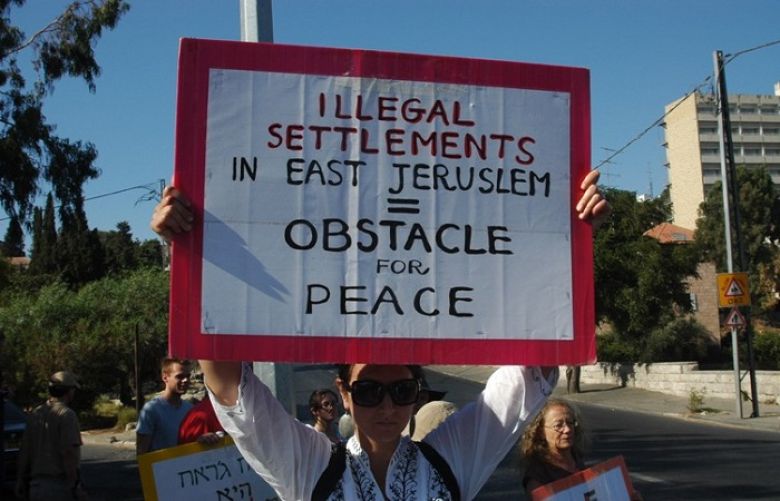Israel is moving ahead with plans to build 7,000 illegal homes in occupied East Jerusalem, the largest round of settlement expansion in years.
Approval for the homes had been frozen for several months. Then earlier this week, Binyamin Netanyahu’s office asked for the plans to be advanced, according to a report in Israel Hayom, a newspaper that is close to the prime minister.
The homes will be built in several neighbourhoods, including Ramot, Pisgat Ze’ev and Gilo.
Mr Netanyahu’s Likud party appeared to confirm the move in a statement which praised “the prime minister’s decision”. “This is an extremely significant step,” said Meir Turgeman, the deputy mayor of Jerusalem.
The international community considers the establishment of Israeli settlements in the Israeli-occupied territories illegal under international law, because the Fourth Geneva Convention of 1949 prohibits countries from moving population into territories occupied in a war. Israel maintains that they are consistent with international law because it does not agree that the Fourth Geneva Convention applies to the territories occupied in the 1967 Six-Day War.
The United Nations Security Council, the United Nations General Assembly, the International Committee of the Red Cross, the International Court of Justice and the High Contracting Parties to the Convention have all affirmed that the Fourth Geneva Convention does apply.
Numerous UN resolutions have stated that the building and existence of Israeli settlements in the West Bank, East Jerusalem and the Golan Heights are a violation of international law, including UN Security Council resolutions in 1979, 1980, and 2016.
UN Security Council Resolution 446 refers to the Fourth Geneva Convention as the applicable international legal instrument, and calls upon Israel to desist from transferring its own population into the territories or changing their demographic makeup. The reconvened Conference of the High Contracting Parties to the Geneva Conventions has declared the settlements illegal[15] as has the primary judicial organ of the UN, the International Court of Justice and the International Committee of the Red Cross.
The position of successive Israeli governments is that all authorized settlements are entirely legal and consistent with international law, despite Israel's armistice agreements all being with High Contracting Parties.
In practice, Israel does not accept that the Fourth Geneva Convention applies de jure, but has stated that on humanitarian issues it will govern itself de facto by its provisions, without specifying which these are.
The majority of legal scholars hold the settlements to violate international law, while others have offered dissenting views supporting the Israeli position.







